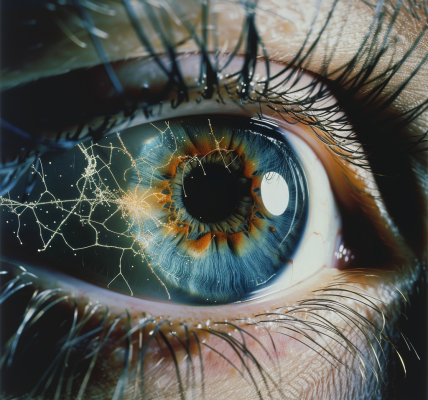Alzheimer’s Disease ‘Might Be Partially Caused’ by Nose Picking
Picking your nose may introduce infection-causing germs that, over time, may make someone more likely to develop the progressive dementia, a report says
By Cara Lynn Shultz Published on February 5, 2024 02:06PM EST
Can picking your nose cause Alzheimer’s disease?. PHOTO: GETTY
Picking one’s nose may introduce pathogens that cause repeated inflammation in the brain, eventually leading to an increased risk of Alzheimer’s disease, a new report says
A protein called beta-amyloid is widely believed to cause the progressive dementia, and may be produced in response to pathogens
The report’s authors urge people to stop picking their nose, in spite of the “temporary relief” it may provide
Picking your nose might increase your chances of developing Alzheimer’s disease, a new study shows.
A protein called beta-amyloid is believed to be a cause of the progressive dementia that characterizes Alzheimer’s disease. And according to a recent report, beta-amyloid may be produced in the brain as a defense mechanism to pathogens that are introduced via the nasal cavity — a.k.a., sticking dirty fingers in the nose.
As a result, the report’s writers suggested that “neuroinflammation in [Alzheimer’s disease] might be partially caused by pathogens entering the brain through the olfactory system.”
“There is even some evidence to suggest that [beta-amyloid] may have antibacterial properties as a defense mechanism against microbial infections in the brain,” the report, published in the peer-reviewed journal Biomolecules, said.
Does nose-picking cause Alzheimer’s disease?. GETTY Alcoholism, Social Isolation and More Increase Risk of Early-Onset Dementia, Study Finds
Viral, fungal, and bacterial infections are associated with Alzheimer’s disease, the report said, adding that “these pathogens are known to establish persistent, latent, or chronic infections in peripheral tissues, including the nasal epithelium, where they may persist for extended periods without causing overt symptoms, until they enter the brain with pathological consequences.”
“The olfactory system represents a plausible route for pathogen entry, given its direct anatomical connection to the brain and its involvement in the early stages of AD,” the report explained.
Never miss a story — sign up for PEOPLE’s free daily newsletter to stay up-to-date on the best of what PEOPLE has to offer, from celebrity news to compelling human interest stories.
The Mayo Clinic estimates that 6.5 million people in the United States age 65 and older have the disease, with more than 70% of those patients being 75 years old and older. The progressive brain disorder is the most common form of dementia.
Alzheimer’s disease is estimated to be the cause of up to 70% of the 55 million people globally with dementia. The National Institute on Ag





